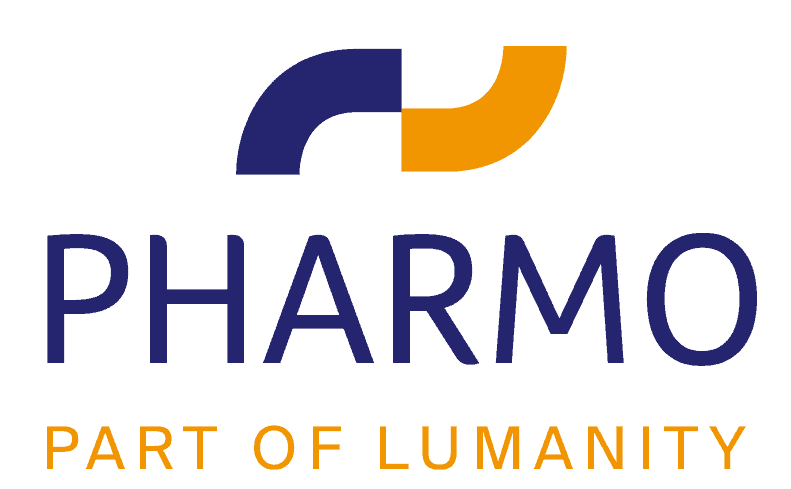PURPOSE: To examine the associations between pharmaceutically treated anxiety and depression present in the year prior to breast cancer diagnosis and the risk of incident cardiovascular disease (CVD), while controlling for traditional cardiovascularisk factors and clinical characteristics in a population-based observational study. METHODS: Adult 1-year breast cancer survivors (n = 7227), diagnosed between 01-01-1999 and 12-31-2010, with no history of CVD, were selected from the Netherlands CancerRegistry. Drug dispensing data were derived from the PHARMO Database Network and used as proxy for CVD, anxiety, and depression. By multivariable Cox regression analysis, we examined the risk associated with pharmaceutically treated anxiety and depression for developing CVD after cancer diagnosis, adjusting for age, pharmaceutically treated hypertension, hypercholesterolemia, and diabetes mellitus in the year prior to cancer diagnosis, tumor stage, and cancer treatment. RESULTS: During the 13-year follow-up period, 193 (3%) breast cancer survivors developed CVD. Women pharmaceutically treated for anxiety in the year prior to their cancer diagnosis had a 48% increased hazard for CVD [HR = 1.48; 95% CI 1.05-1.08] after full adjustment. This associationwas restricted to breast cancer survivors who were 65 years or younger. Depression was not associated with CVD risk [HR = 0.89; 95% CI 0.52-1.53]. Older age [HR = 1.06; 95% CI 1.05-1.08], hypertension [HR = 1.80; 95% CI 1.32-2.46], and hypercholesterolemia [HR = 1.63; 95% CI 1.15-2.33] were associated with an increased hazard for incident CVD, whereas hormone therapy [HR = 0.59; 95% CI 0.42-0.83] was protective. CONCLUSIONS: Anxiety present in the year prior to breast cancer diagnosis increases the riskof incident CVD in 1-year breast cancer survivors, after adjustment for depression, traditional cardiovascular risk factors, and clinical characteristics.
